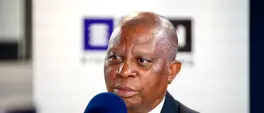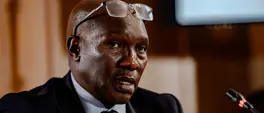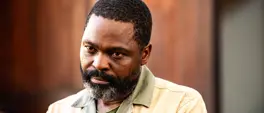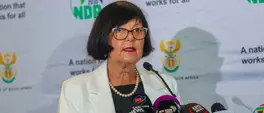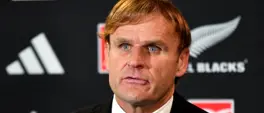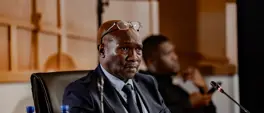‘Young, Famous & African’ II: A wildly thorough case of conflict dumping
Devon Thomas
21 June 2023 | 10:00Season two of the Netflix original reality TV series 'Young, Famous and African' improves on many of the first season's flaws, but its insistence on conflict dumping only upgrades the show from being borderline unwatchable, to just about bearable.
REVIEW
Contains spoilers for the entire season.
I have a love/hate relationship with Young, Famous and African: on the one hand, it was the first TV show I reviewed for Eyewitness News, so there’ll always be that sentiment attached towards it. On the other hand, season one was truly one of the worst reality TV productions Netflix has ever put out.
So, when season two was announced, I was dreading having to watch it, but it also became sort of a full-circle moment for me, and a physical indicator of my growth as an entertainment commentator.
And to its credit, Love and Hip-Hop: Sandton season 2 was a commendable improvement, that’s for sure.
Right from the onset, the second season feels bigger, more vibrant, has an improved production, and a cast that seemed readier than ever to up the drama of the first season.
Episode one dives headfirst with a mysterious thinly-lipped beef between Swanky Jerrie – the central point of the season – and Annie Macaulay-Idibia, and at first, it seemed promising.
Similarly to most scripted dramas, what exactly happened between the two former besties, now-rivals is largely held in the dark, slowly unfolding as the story progresses, which is a neat form of storytelling, if not a little contrived – and eventually frustrating.
For the rest of the cast, Khanyi Mbau is hosting stuff and asking people not to be 'fake', Nadia Nakai, Naked DJ, and Kayleigh Schwark are attending these things, Andile and Diamond Platnumz have unresolved issues from the ending of season one (presumably occurring around a year prior), and Zari Hassan is trying to figure out what’s happening with her feelings with Andile (also presumably from a year ago), as well as trying to navigate the tricky waters of having an ex, Diamond, who is still heavily present her life.
That should pretty much give you an idea of who has at least somewhat of a storyline and narrative arc for season two.
The three new editions are also introduced in the same way any new editions to an ensemble cast in a reality TV show – which I always find so absurd, because when does something like this happen in real life for anyone?
It is especially strange with Love and Hip-Hop: Sandton II, because if you told me that these people knew no one else but the featured cast in season one, I would have no evidence to prove otherwise.
So, to see this randomly generated group of people going from never having existed before, to being featured cast members, was a little jarring at first.
But to their credit, two out of the three became some of the best parts of season two, with one of them being the season MVP, for me.
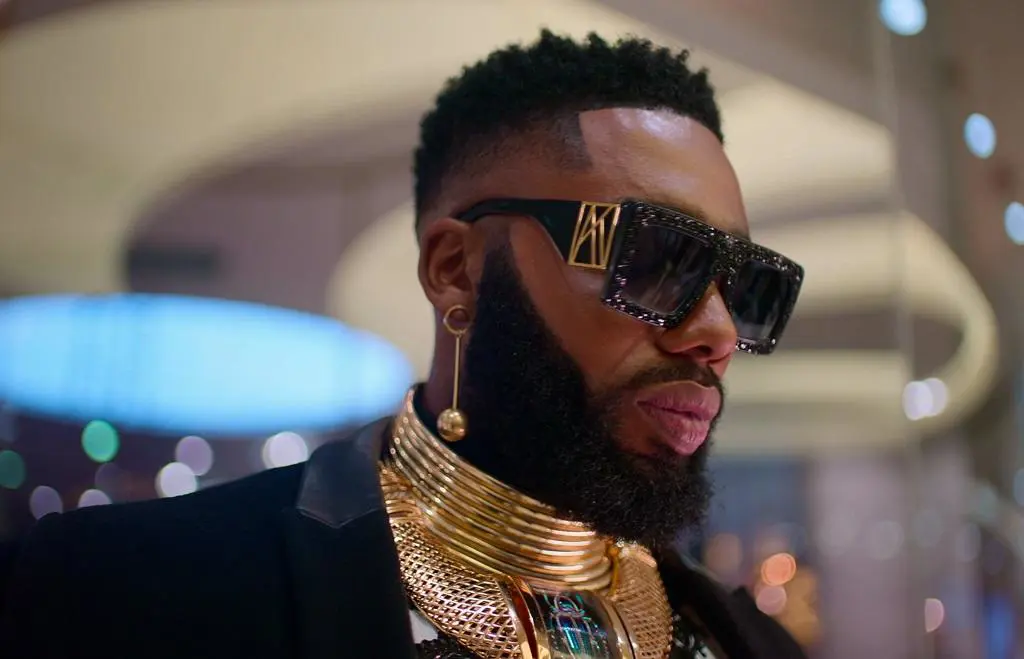
Meet new main character #1: Ghanaian musician Francine Koffie, (allegedly) popularly known as Fantana.
Of all the new additions, Fantana brings the most youth to a show with ‘Young’ infamously in its title. She feels authentic, she has a fiery personality that doesn’t easily wield from (often unfair) conflict and was truly a breath of fresh air.
I didn’t care much for her in the earlier part of season two, but by the time the latter half kicked in, I was intermittently on her side. Like, she gagged the girls a bit, and I have to stan.
New main character number two is Namibian himbo Luis Tshita Munana, someone City Press called a ‘designer and a former Big Brother Africa housemate’. I can personally only vouch for the latter one because nary a design was presented.
Shockingly, Luis was my season MVP, hands down: he’s charming, he’s hot, he has a sort of naivety towards him that feels endearing, and he’s the only person that comes across not only as authentic but also as genuine.
Luis’s story has a charming beginning, develops in a way that feels natural, has conflict that doesn’t feel like he is personally trying to force it to happen for the sake of what I can only assume to be attention, and has a truly emotionally heart-tugging resolution. Like, that’s my man, and I’m going to stand by him to the very end.
Lastly, there’s the season’s tagline, Bonang Matheba. She’s one of the few legitimate stars we have in the country, and truly one of the baddest to ever do it who needs no introduction – and apparently doesn’t need a satisfying conclusion either.
It literally pains me to say because I really like her (even if she blocked me on Twitter), but Bonang represented part of what would become the biggest flop of season 2: seemingly endless, contrived, incredibly stupid conflict - without a resolution in sight.
If you’ve made it this far in the review, then you probably know that Bonang leaves the show like three episodes in.
Essentially, shejumps ship because Swanky told her a half-truth story from Luis (which happens in this season at least 2,000 times per episode) that vaguely alludes to her being unprofessional.
In reality, Luis wanted to apologise for being unprofessional and embarrassed by a business encounter they had, but according to Swanky, Luis was personally going out to every person on the rough and tough streets of Sandton, and calling Bonang the worst person he had ever worked with.
She incrementally gets more and more in her feelings instead of letting Luis explain to her that Swanky was, uhm, misinformed (?) and that he was the one in the wrong, embarrassed for his slip-up.
Eventually, Bonang blows up, calling Luis a misogynist, and telling us how she has 'slept with the biggest stars in Africa' because Luis kind of implied that women who have sexual relations with prominent men will have their image stained with a Red A for life.
Points were made but got overshadowed in the process.
After the blow-up, Swanky reveals in a Razzie-worthy heartfelt announcement that Bonang chose to leave the group forever – inadvertently coming across as unprofessional as she thought Luis was painting her to be.
It was just so bizarre to see someone as seasoned as Bonang show up to set, get that stipend, and dip the minute after she lost her cool.
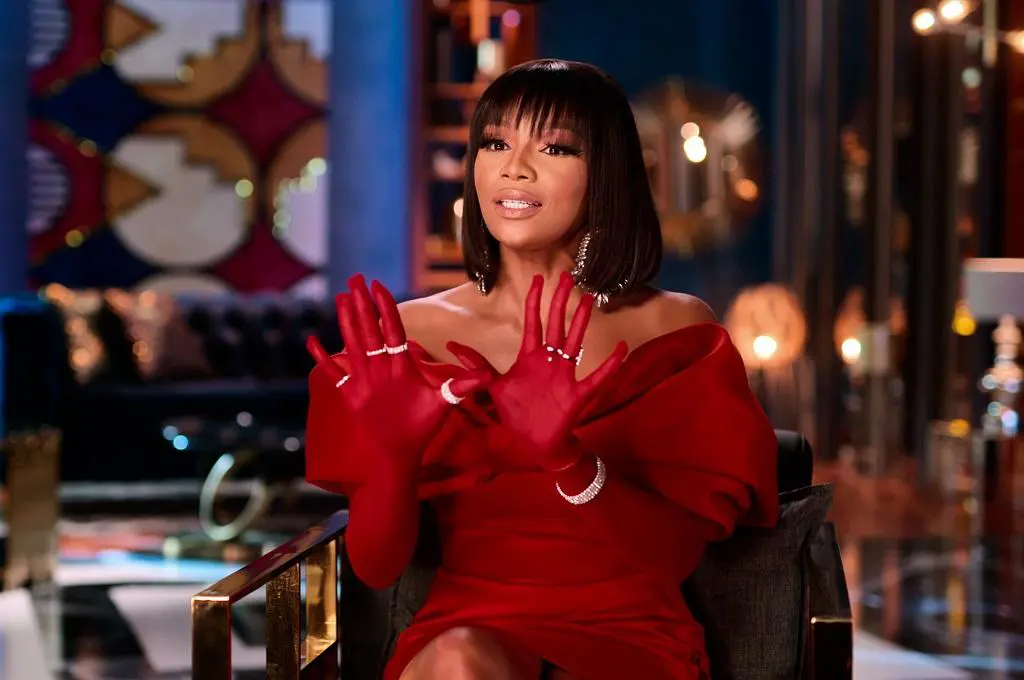
My theory is that she eventually came to her senses, knew she was wrong for why she was attacking Luis, knew how producers would edit that, and didn’t want to risk any other fallouts like that happening that could potentially stain her image.
This is what pretty much copy and paste happens with all but one of the central conflicts for the first six or so episodes: character one is telling character two a story, character two then goes and tells character three about what character one was saying, conveniently leaving out crucial information that would avoid a fight altogether, character three gets mad, and finally, Khanyi hosts a dinner as a set up for the misunderstandings to blow up.
After the first couple of episodes, this rinse-and-repeat method of conflict conjuring gets exhausting, especially if you’re binging it because as the audience, that is all you see. There is no reprieve or some sort of progression between Khanyi’s Dinner Parties from Hell.
I wanted to body slam the producers at some point because I grew tired of the shenanigans, begging for there to be even just one moment in the show where it seemed like these people even kind of liked each other.
This is ironically hilarious because if you take a shot every time they call each other family in a very Fast and the Furious way, you would be rushed to hospital for liver failure by episode three.
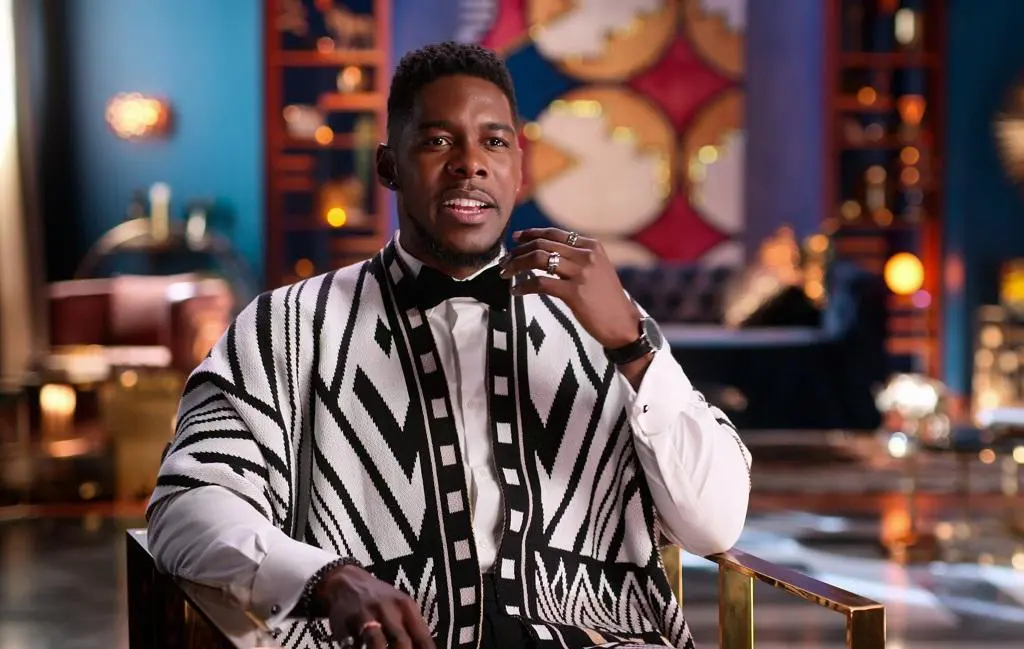
Luckily, if you can make it out of the first half, you almost get to experience competent storytelling – the best it has been by far compared to anything else we’ve seen by this point.
By episode six, it feels like the show realises it will not be going on for an infinite number of episodes and needs to start actually progressing its numerous storylines, most of which have not advanced since their introduction.
Though this would have been welcomed several episodes ago, I have to admit that the way it tied up its conflict fetish didn’t feel (completely) unearned. Maybe this is because I was begging for some progression at this point, or maybe it could be one of the very few showcases of competency.
As noted, Luis by far had the best season-long story arc – becoming the show’s unexpected anchor to Swanky’s iceberg.
I don’t even want him to return if there’s a third season because he honestly deserves better – much better.
Also, a young shoutout to the season 2 MVP nominee that no one saw coming: Andile.
Of the OG cast, Andile is the only one who feels remotely rounded, functioning as a strong voice of reason in a cast where chaos is the modus operandi.
He also gets a storyline towards the end of the season that starts and ends in like three episodes, which was a smart move because had it gone for any longer, it would feel like the show was trying to drag it out for all that it's worth (see every conflict dump in season and Kayleigh and Naked’s relationship progression).
For what it's worth, Swanky and Annie had a satisfactory, emotionally (patting) conclusion. Yes, it might’ve been unearned, but it was still some good TV.
All in all, season two of Love and Hip-Hop: Sandton improves on season one’s many, many flaws pretty much across the board, but its hyper-focus on conflict prevents this reality soap opera from moving up from being bad to being fine.
Giving it 5 overly seasoned Khanyi's Dinner Parties from Hell out of 10.
You can stream 'Young, Famous and African' on Netflix worldwide.

